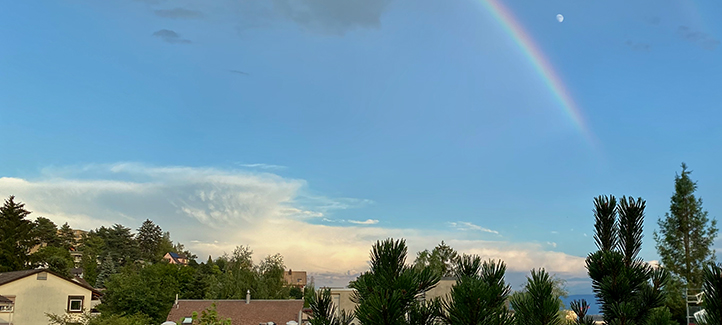Climate Geography

The climate geography lab CliG studies the global, regional, and local climate and its cross-scale interactions with the hydro-, geo-, bio, and anthroposphere. CliG has a specific focus on the climatology of small-scale extreme events such as heavy precipitation and hail. These often cause devastating damage to ecosystems and societies despite the limited spatio-temporal scales. Their high variability in space and time, and largeuncertainties in observational and model data challenge the analysis of trends and changes. This is amplified further in the complex topography of mountain regions, which are also a focus region of our research. CliG studies the characteristics of these events and aims at identifying and quantifying trends and uncertainties. We statistically analyze high resolution weather and climate data from measurements and climate models and connect them to further data sources. The goal is to better understand extreme events in the context of climate change, to reduce uncertainties in observational and climate model data and so contribute to facilitating better adaptation to the consequences of extreme weather events.
Researching the impacts of extreme weather and climate events requires collaborative, inter- and transdisciplinary approaches. Together with neighboring disciplines and stakeholders, we investigate these impacts as well as possible strategies for dealing with hydrometeorological and other hazards. Within risk research, we develop probabilistic approaches to map risks from natural hazards while taking uncertainties into account.

